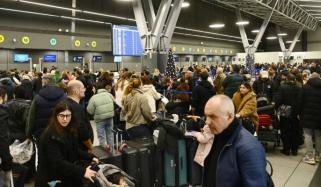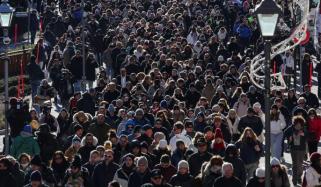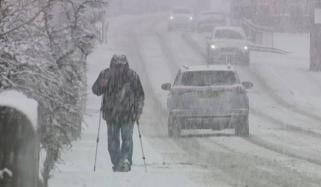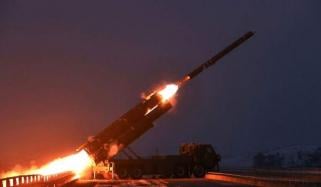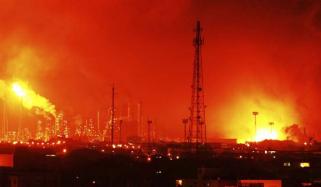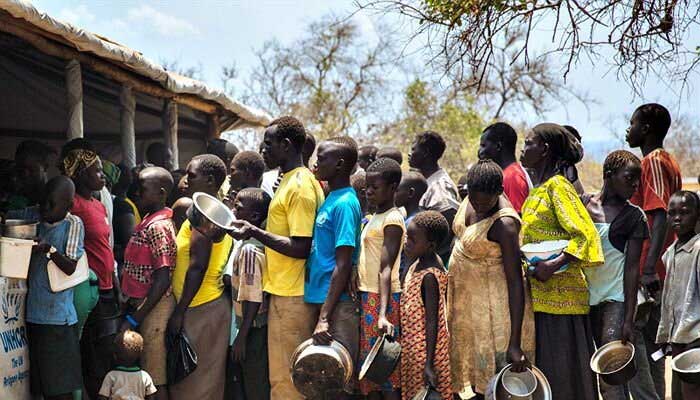
Rising prices and a harsh insurgency has already made it tough for people in northeastern Borno, a Nigerian state, to feed their families.
Earlier in September, a dam broke, flooding the state capital and nearby farms, many citizens had no way to cope with deadly situation.
As per Reuters, the citizens stand in line for free food in camps for people forced to leave their homes because of fighting between Boko Haram rebels and the military.
When the food runs out, they try to find work in nearby farms, but this puts them at risk of being attacked or harmed by local criminals.
Indo Usman, who had been rebuilding her life in Maiduguri by raising animals after fleeing rebel attacks said, "I can't even cry anymore. I'm too tired,” as the flood destroyed everything, forcing her and her family into a bare room at Gubio, an unfinished project now serving as a displacement camp.
According to the Food and Agriculture Organizational of the United Nations, torrential rains and floods in 29 of Nigeria’s 36 states this year have devastated over 1.5 million hectares of cropland, impacting more than nine million people.
The climate change is one factor, along with Nigeria’s poorly maintained infrastructure, the weakening Naira currency, all contributed to the crisis.
On the other hand, the prices of staples like rice and beans have also doubled or even quadrupled in a year, depending on location.

